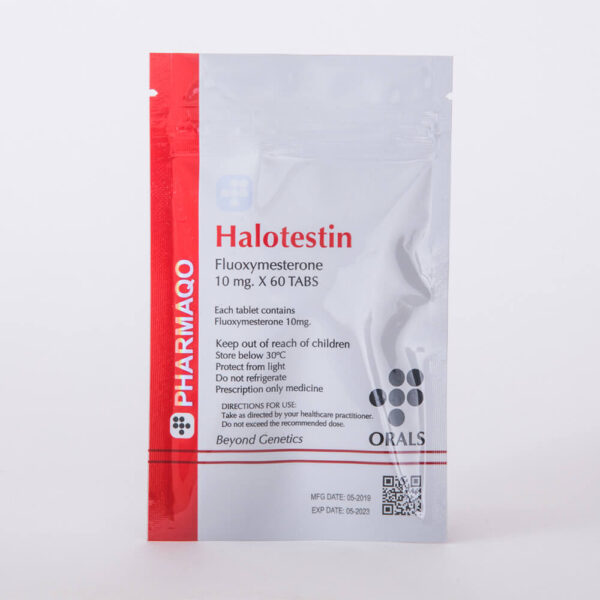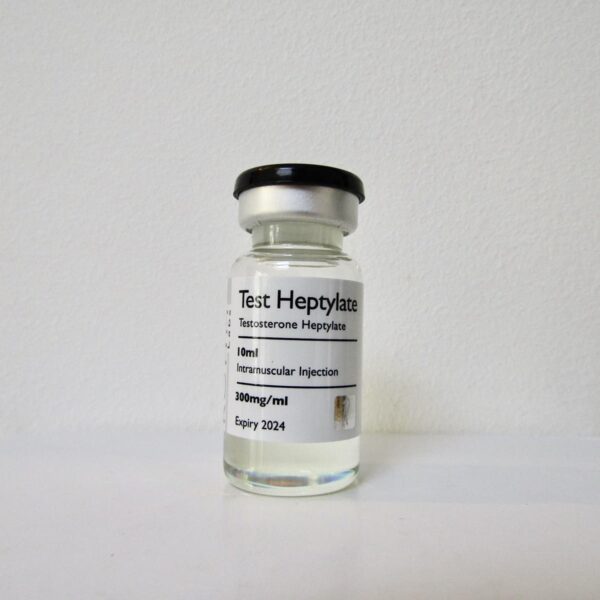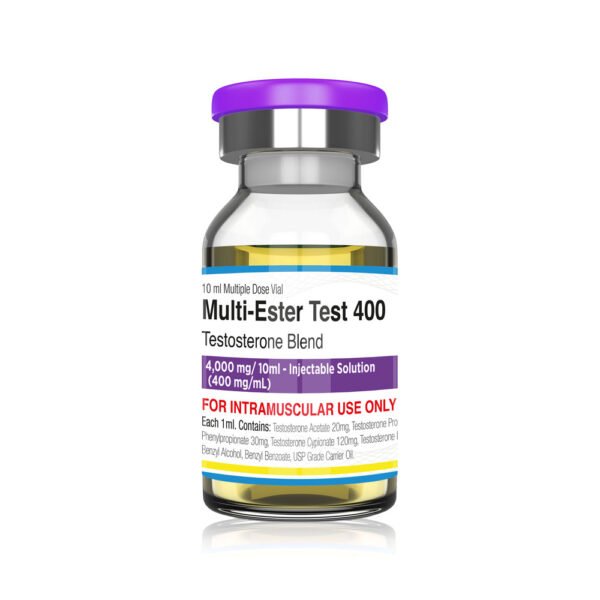Clomid 24x50mg
Clomid 50mg (clomifene 50mg) is a prescription medication used to treat the symptoms of infertility in women who have ovulatory failure. Clomid can be used on its own or in conjunction with other medications. Clomid is a member of the Selective Estrogen Receptor Modulators class of drugs. Clomid’s efficacy and safety in children are uncertain.
What are the possible side effects of Clomid 50mg?
Clomid 50mg has the potential to cause serious side effects, including: You should be alert of stomach discomfort, bloating, nausea, vomiting, diarrhea, rapid weight gain (especially in the face and belly), little or no urine, pain when breathing, a fast heart rate, and shortness of breath assign. If you experience any of the symptoms listed above, get medical help right once.
The following are the most common side effects of Clomid:
Menopause symptoms include nausea, vomiting, bloating, breast discomfort or tenderness, headache, and breakthrough bleeding or spotting. Tell your doctor if you develop a side effect that worries you or does not go away. These aren’t the only possible side effects of Clomid. For further information, see your doctor or pharmacist.
Clomid 50mg Dosage
Candidates for CLOMID treatment should be assessed and treated by a physician with gynecologic or endocrine experience. Patients are only evaluated for CLOMID medication following a complete diagnostic assessment. The treatment plan should be planned ahead of time. Any barriers to achieving the therapy’s goal must be removed or dealt with effectively before commencing Clomid 50mg. The treatment aim should be weighed against any potential risks, and the patient and anybody else engaged in the pregnancy should be kept informed. Following CLOMID therapy, ovulation normally occurs 5 to 10 days later. When ovulation is expected, coitus should be conducted at the same time. Appropriate testing to detect ovulation may be beneficial at this time.
Dosage Instructions
The patient should begin therapy with a low dosage of 50 mg per day (1 tablet) for 5 days. Only those who fail to ovulate after taking cyclic 50 mg CLOMID should have their dose increased. If extreme sensitivity to pituitary gonadotropin is suspected, as in polycystic ovarian syndrome patients, a low dosage or brief treatment term is recommended. The patient should be extensively examined between treatment cycles to rule out pregnancy, ovarian enlargement, or the formation of an ovarian cyst.




